Thomas Brisbane
Brisbane was a brigadier-general, the most senior officer to have become governor at the time of his appointment. While hard-working and intelligent, he was not a good civilian leader and was out of his element in the faction-ridden colonial society. Where Macquarie had attended to every administrative detail and petty squabble, Brisbane delegated a great deal to his officials.
Brisbane’s aim was to divide society into a landowning class of free emigrants who would increase the colony’s wealth, and a subordinate class of convicts and ex-convicts, who would labour for them.
He put an end to land grants, and began selling it for 5 shillings an acre (around $47 dollars today) and would only sell to those he felt had proven their ability to improve the land and produce for the colony. He supported the education of convicts with potential, posed excessive corporal punishment and was lenient in granting pardons. he also ordered that skilled convict mechanics (such as carpenters, builders, blacksmiths etc) be hired rather than assigned with payments going to the crown.
He encouraged landowners to experiment with a range of plantation crops like Virginian tobacco, Georgian cotton, Brazilian coffee and New Zealand flax.
To some extent, he achieved his assigned goals. As Britain had hoped, fewer stories were heard of ex-convicts gaining wealth and status and more stories of suffering, helping authorities recast transportation as a hellish fate to be dreaded.
Brisbane's legacy
The four-year governorship of Sir Thomas Brisbane, from 1821 to 1825, left a colony transformed, both socially and geographically. He’d been tasked with fostering its pastoral potential, but also advancing public life.
In 1824, Brisbane gave approval to the convict-born William Charles Wentworth and fellow barrister Robert Wardell to set up an independent newspaper, The Australian, which openly embraced the ex-convict community, much to the annoyance of the colonial gentry.
By widening the powers of the Supreme Court and establishing a NSW Legislative Council, Brisbane gave the colony its first glimpse of representative government. Among the council’s first actions was the introduction of jury trials in civil cases.
By the end of Brisbane’s term, most of Bigge’s instructions had been put in place and he departed the colony ‘without regret’, leaving behind his astronomical instruments and a library of 350 scientific books.
Related
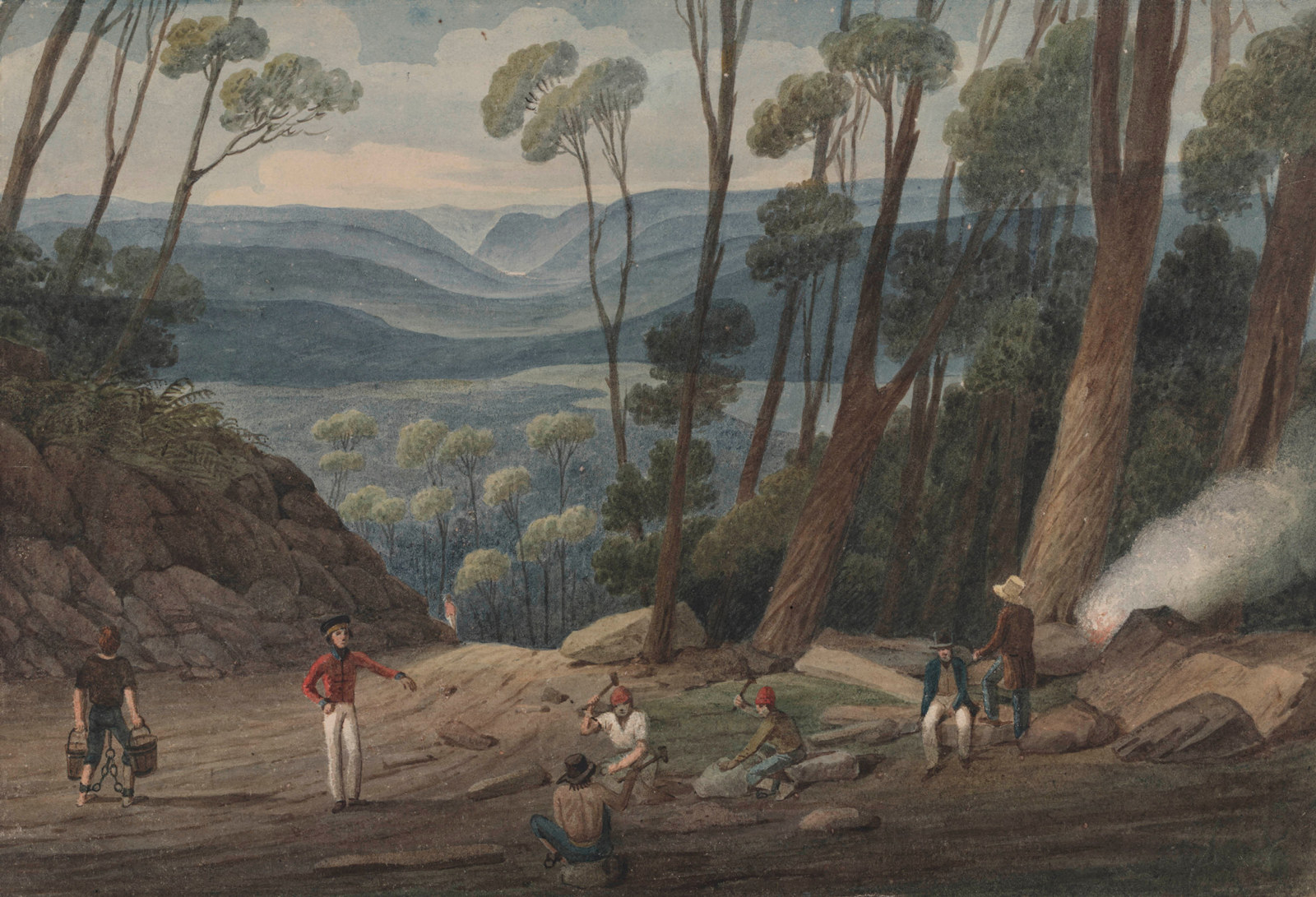
Convict Sydney
Back to business
From 1822, with the British government keen to cut costs and encourage pastoral expansion, part three sees the removal of convicts from town
Published on
Convict Sydney
Browse all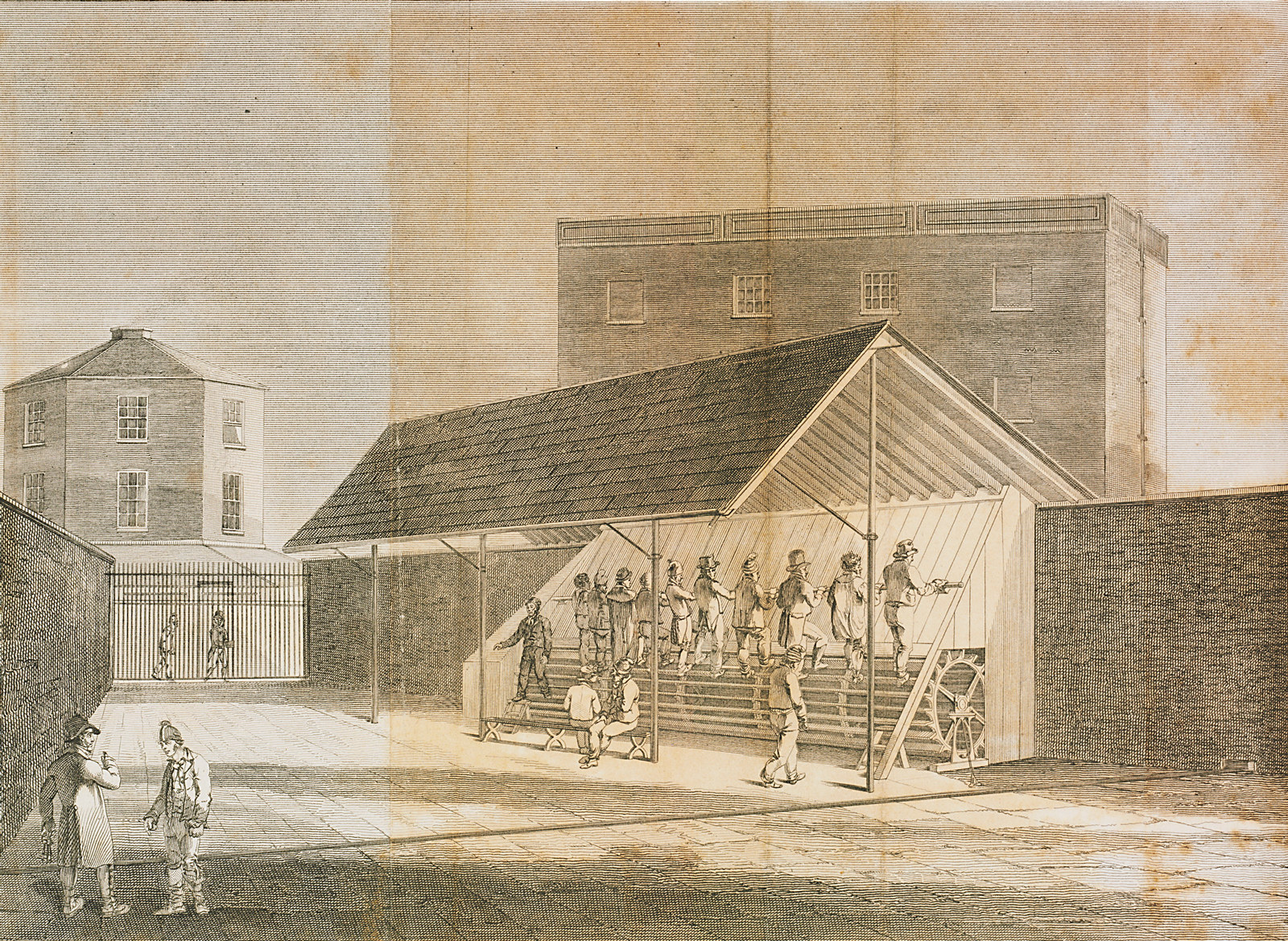
Convict Sydney
Convict punishment: the treadmill
As a punishment, convicts were made to step continuously on treadmills to power wheels that ground grain
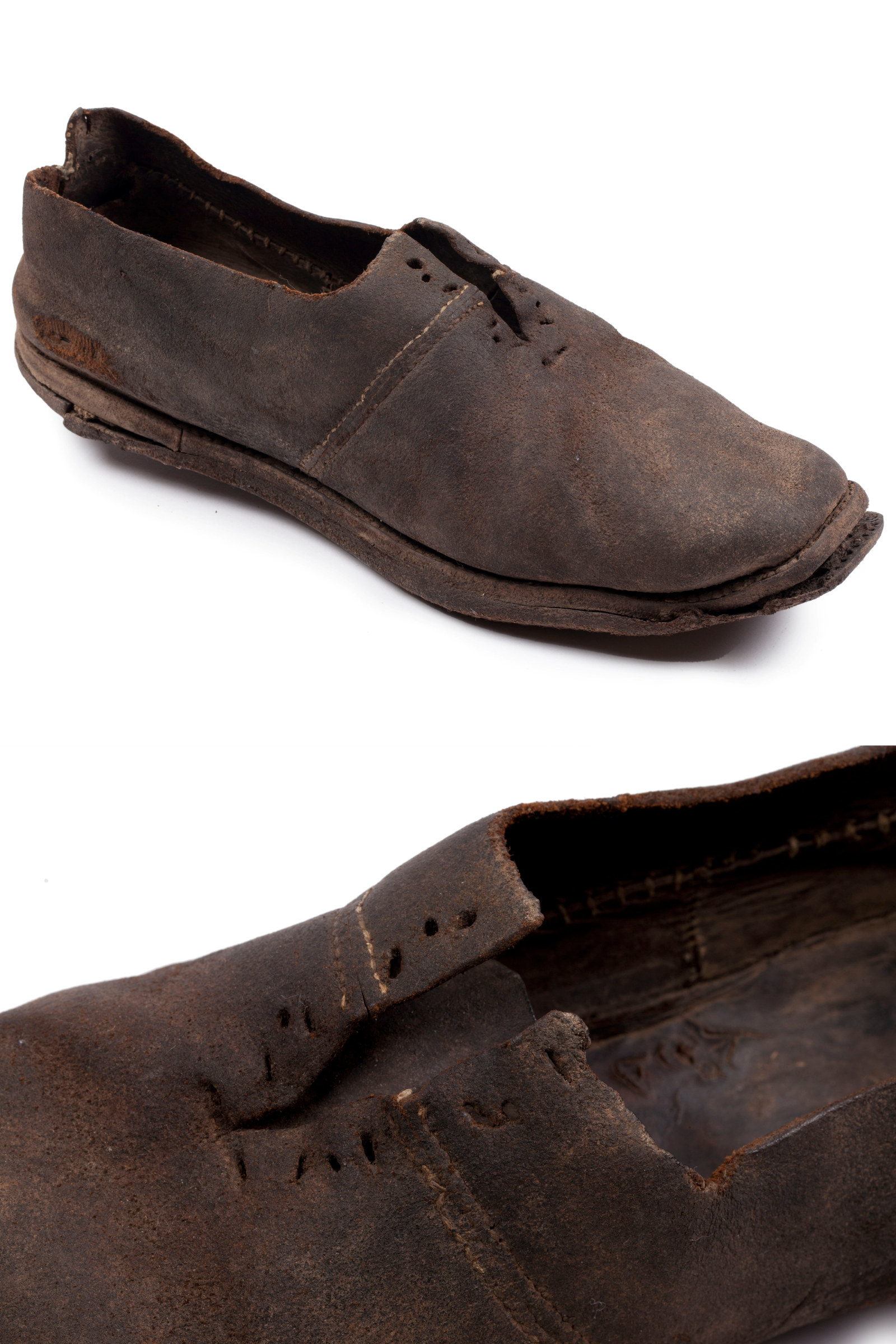
Convict Sydney
Convict shoe
Shoes were known as crab shells or hopper dockers in the convict ‘flash’ slang language; two or three pairs were issued to each convict annually
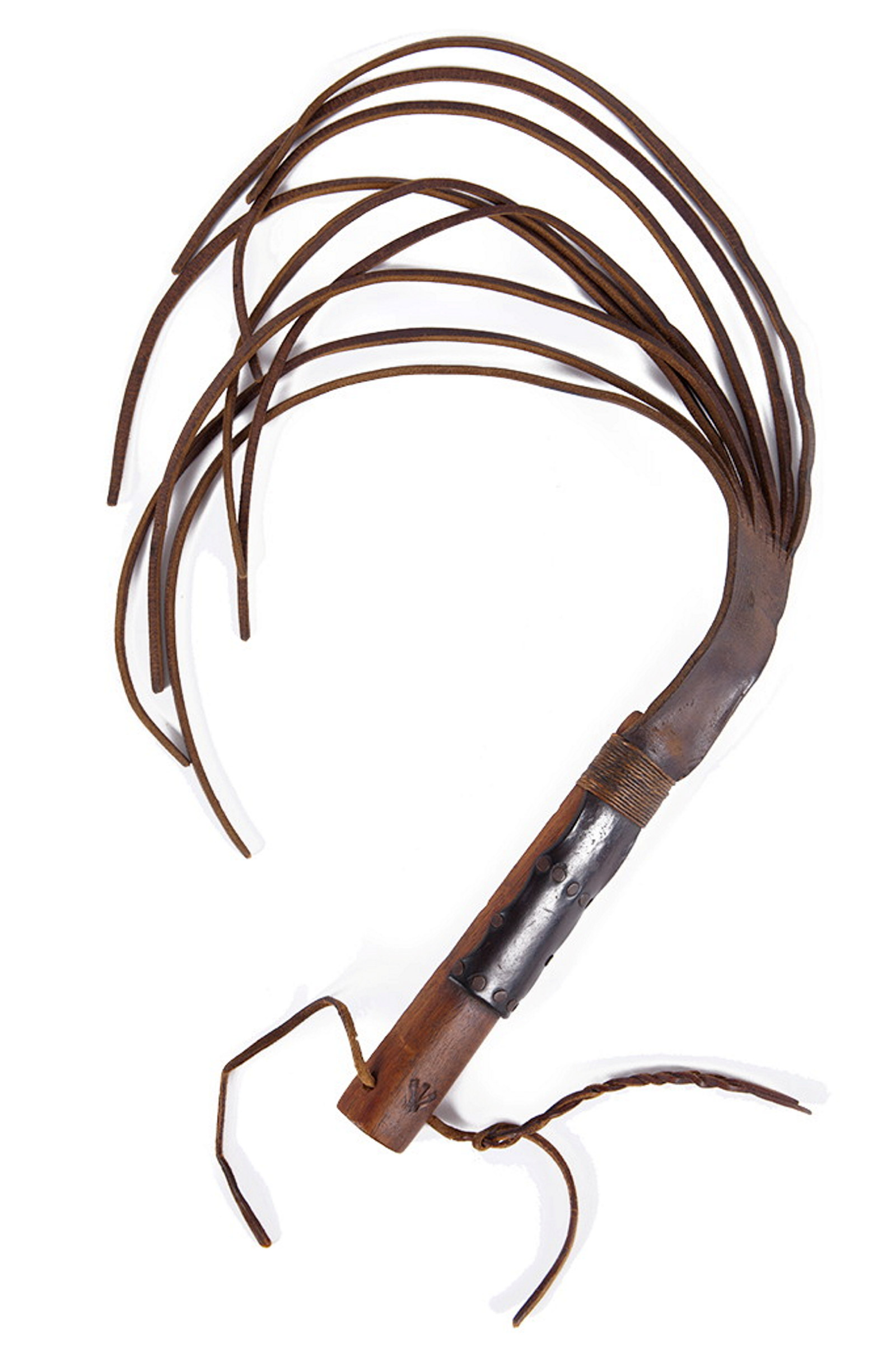
Convict Sydney
Cat-o’-nine-tails
One of the most common forms of convict punishment was flogging (whipping) with a ‘cat-o’-nine-tails’
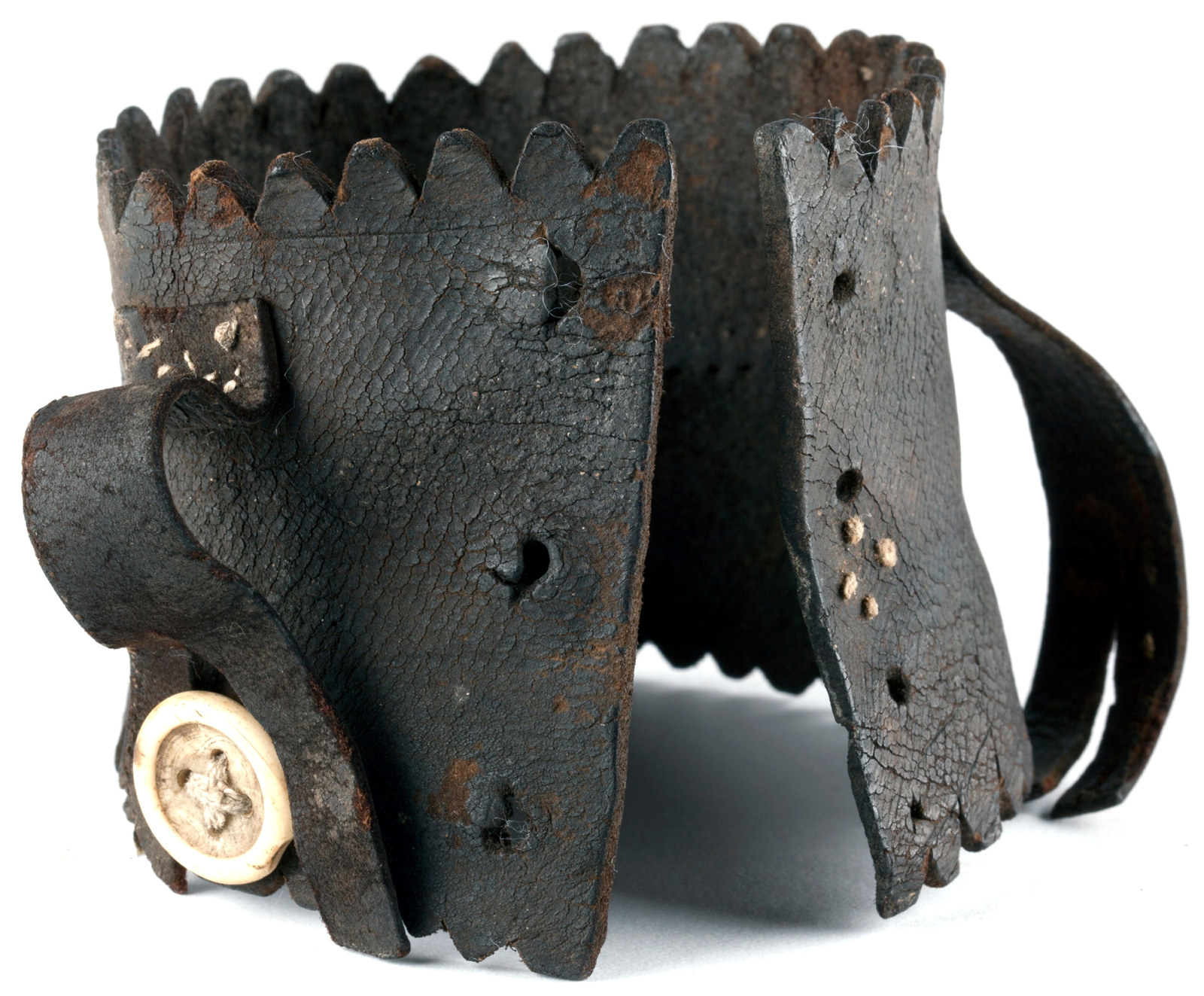
Convict Sydney
Leg iron guard
A stunning example of an improvised handicraft, this leather ankle guard or ‘gaiter’ was made to protect a convict’s ankle from leg irons